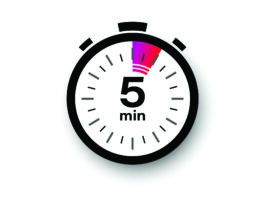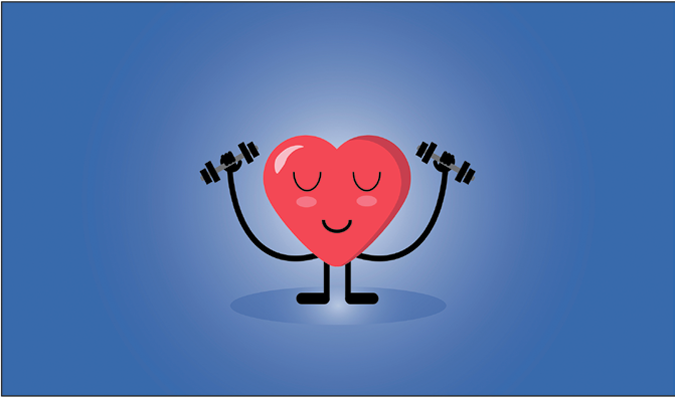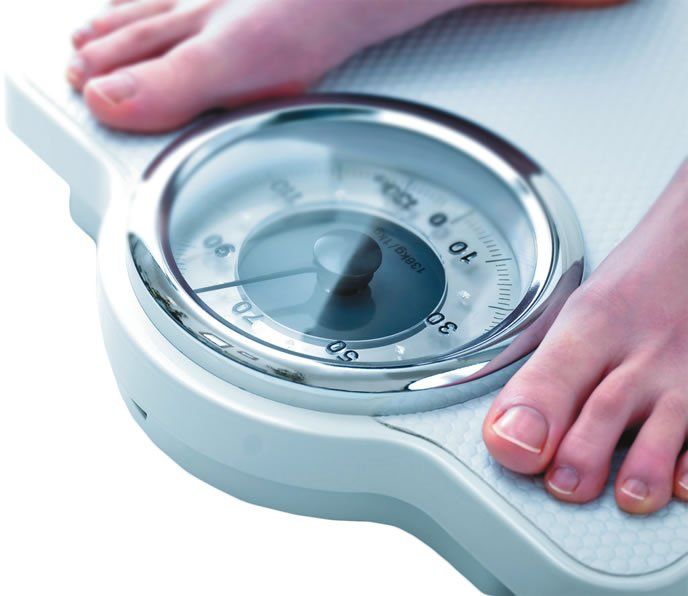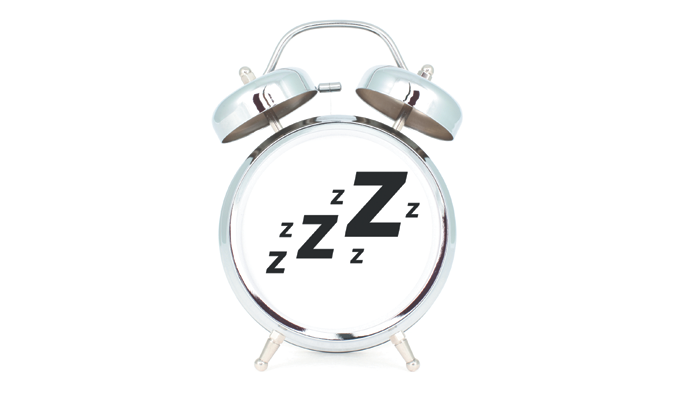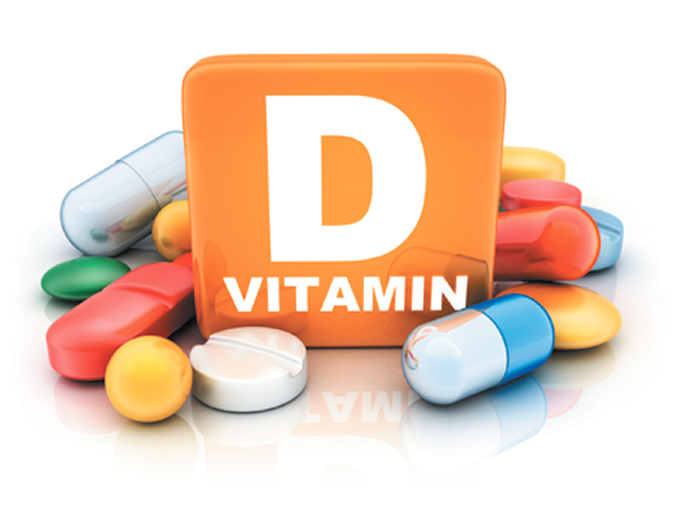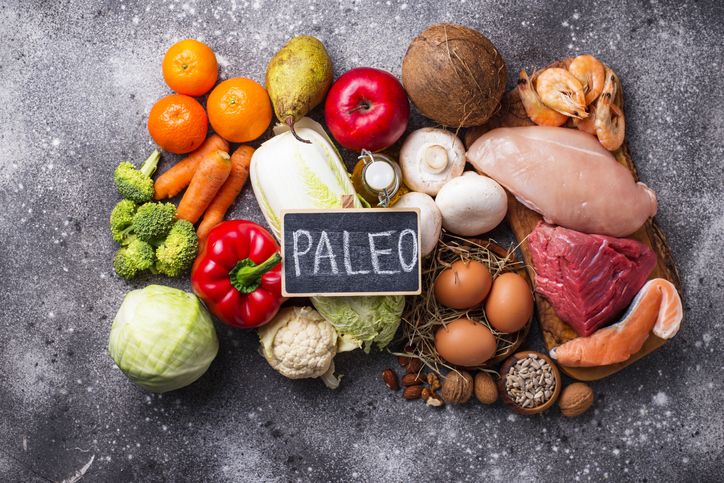Regaining Lost Weight Negates Many Cardiometabolic Gains
A recent study by Tufts researchers published in the Journal of the American Heart Association found that regaining some or all of lost weight diminished the cardiometabolic benefits of that weight loss. It is known that losing weight improves cardiometabolic risk factors, such as HDL cholesterol, triglycerides, glucose, HbA1c, and blood pressure. Weight regain after weight loss is common, but up until now the impact on cardiometabolic risk factors was not well established.
Pros and Cons of Low-Carb/ Ketogenic Diets
The National Lipid Association has released a comprehensive scientific review of the effects of low-carb and very-low-carb diets on blood cholesterol and triglyceride levels, body weight, and other cardiometabolic risk factors such as blood sugar control and blood pressure. These diets, often called ketogenic diets dramatically restrict intake of carbohydrates, with or without restrictions on protein and fat intake. In a 2018 survey of Americans between 18 and 80 years old, 16 percent reported following some type of low-carb eating pattern in the past year.
Physical Activity with Cardiovascular Disease
A study recently published in the European Heart Journal concluded that physical activity is associated with particular benefit among people with existing cardiovascular disease (CVD).
Even Losing 10 Percent of Body Weight Could Help Type 2 Diabetes
A study recently published in Diabetic Medicine found that losing as little as 10 percent of body weight can put type 2 diabetes into remission for some people. The prospective cohort study looked at 867 people ages 40 to 69 years with newly diagnosed diabetes.
Short Sleep Duration Associated with Higher Risk of Death in Some
A recent study in the Journal of the American Heart Association suggests that middle-aged adults with high blood pressure, type 2 diabetes, heart disease, or history of stroke could be at high risk for early death if they sleep less than six hours per night.
Vitamin D Supplementation Does Not Help Depressed Older Adults
A randomized controlled intervention trial published recently in the American Journal of Clinical Nutrition found that supplementation with vitamin D had no significant effect on depressive symptoms or physical functioning in older persons with low vitamin D status.
Healthy Lifestyle Choices Linked to Dramatically Lower Type 2 Diabetes Risk and Complications
A large meta-analysis published in the journal Diabetologia found that an overall healthy lifestyle was associated with a substantially lower risk for developing type 2 diabetes, and also with a lower risk of long-term adverse outcomes among individuals who already had diabetes.
Healthy Choices More Important Than Macronutrient Ratio
Analysis of a randomized controlled trial found that an overall healthy dietary pattern benefits cardiovascular health regardless of which macronutrients (carbohydrates, protein, or unsaturated fats) are emphasized.
Sleep Six to Nine Hours for Heart Health
A new study in the Journal of the American College of Cardiology found that sleeping between six and nine hours a night, compared to less, is associated with 20 percent lower risk of heart attack.
Paleo Diet may Change the Gut Microbiome
A study recently published in the European Journal of Nutrition found following a strict Paleo diet may be associated with gut changes that are bad for heart health.






















